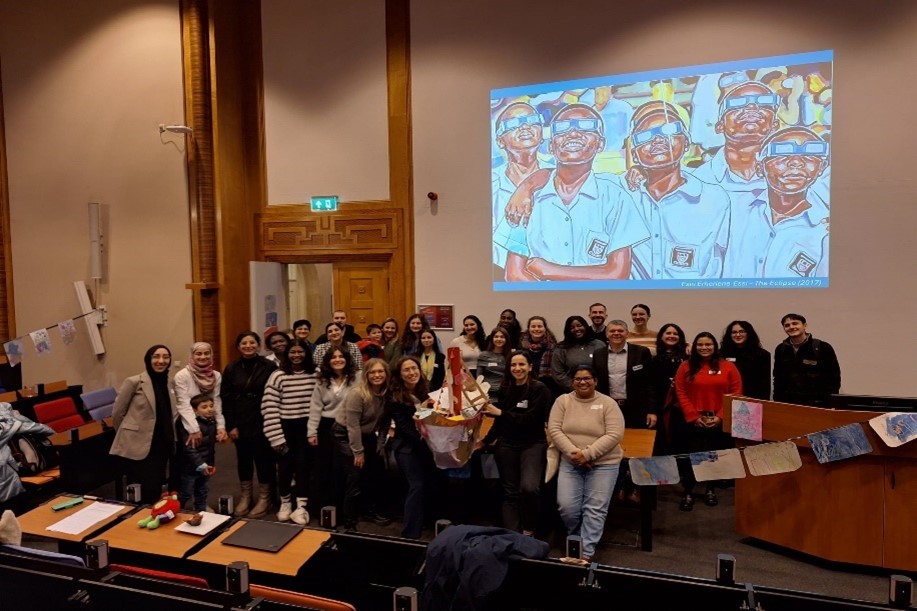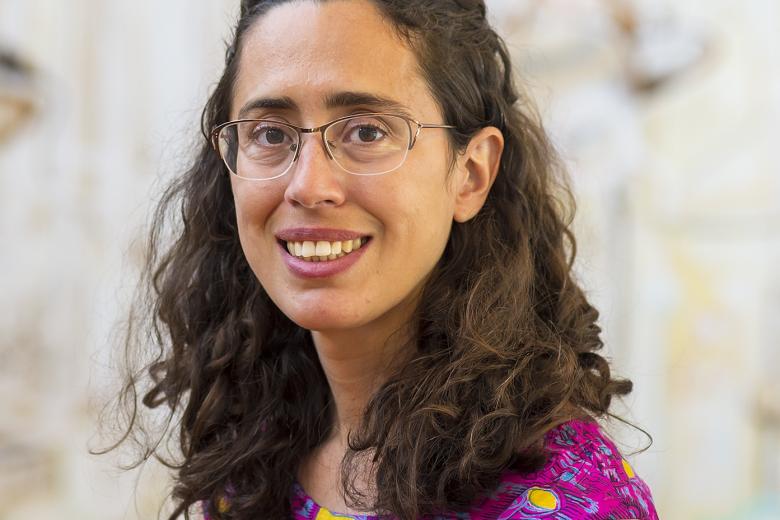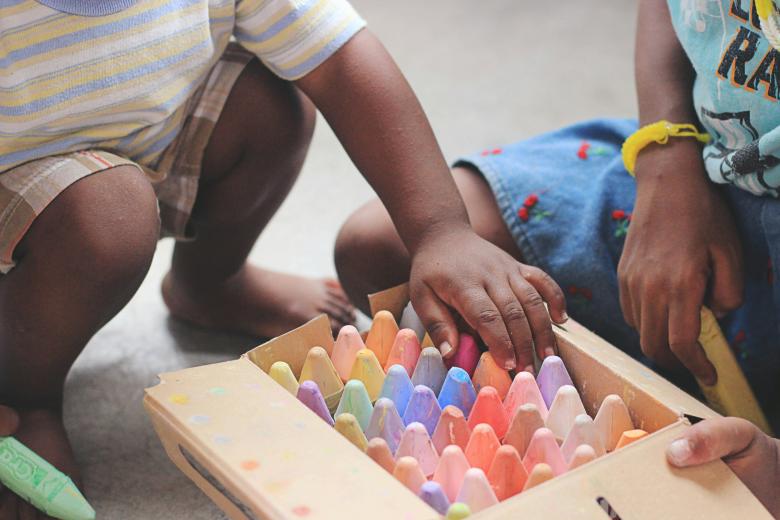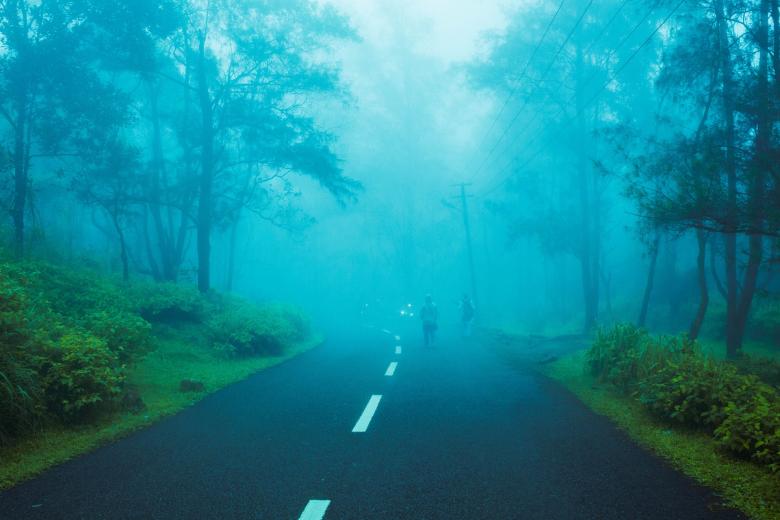Celebrating Children’s Rights Research at Maastricht University: A Day of Discovery and Inspiration
For most children in the Netherlands, December 5th is a magical day as they eagerly await the arrival of Saint Nicholas, bringing gifts and joy to their homes. This year, the festivities were not limited to children’s doorsteps. On the same day, Maastricht University (UM) hosted its Children’s Rights Research Day, offering a platform to showcase groundbreaking research on children’s rights.
The event brought together students, researchers, and support staff, all eager to discuss diverse aspects of children’s rights. The day kicked off with inspiring pitches from UM researchers, highlighting projects made possible by the Children’s Rights Research Fund. These included studies on children’s rights in Nagorno-Karabakh, the right to education in Turkey, and the right to be heard in Argentina.
PhD fellows and academic staff took the stage next, sharing their ongoing research on topics such as the right to silence for young suspects, the educational rights of minor asylum seekers, empowering children in urban planning and design, and the rights of children in de facto states affected by conflict.
The event also welcomed contributions from student organisations, including Amnesty International Maastricht Students and the UNICEF Student Association Maastricht. They presented innovative initiatives, such as creating a podcast on children’s rights and writing letters to children in conflict zones to express solidarity and support.
Deep Dives into Research and Methodology
The day’s program featured two rounds of master classes. Experts led sessions on diverse topics, including the rights of future generations, children’s rights from a social protection lens, and the importance of the right to be heard. Methodological master classes explored interdisciplinary approaches to children’s rights research and ethical ways of conducting studies with children.
A unique highlight was a session led by UM support staff, offering practical insights on public outreach and engaging with disadvantaged children and youth. These sessions underscored the importance of translating academic research into tangible impacts.
Keynote Address: Rethinking Children’s Rights
The day concluded with a thought-provoking keynote lecture by Professor Karl Hanson, titled “Theorizing Children’s Rights: Do We Really Need to Reinvent Children’s Rights?” He challenged the audience to reflect on fundamental questions: When is a child a child? What do we know about children’s understanding of their rights? How do children’s perceptions shape the impact of these rights?
Professor Hanson’s address provided a theoretical framework that invited attendees to critically examine and advance the field of children’s rights.
A Day of Celebration and Commitment
The Children’s Rights Research Day ended on a high note, celebrating the remarkable research being conducted at UM. It left attendees energised and hopeful, with a renewed commitment to ensuring that all children, everywhere, have their rights protected and respected. This event was not just a meeting of minds but a celebration of the collective effort to create a better, more just world for children.

J. Marotta
Julieta Marotta is an assistant professor at UNU-MERIT. Julieta holds a PhD from Maastricht University/United Nations University on access to justice and legal empowerment of victims of domestic violence. Her research interest is in inclusive forms of access to justice and legal empowerment through empirical legal research. Currently, she is undertaking research on access to justice for children.

-
The rights of invisible children
My dissertation was about the applicability of international children’s (human) rights to children living in Somaliland, an unrecognised state. Moreover, I studied how national laws protect children’s rights in Somaliland.

-
How do the Dutch deal with their colonial past?
The debate on the implications of Dutch colonial rule in Indonesia recently intensified after a report concluded that the Dutch forces had used extreme violence. Reactions to the report reveal that the issue remains controversial and challenging to discuss. The findings in the report do however...

-
Part II: time for the Commission to act - Let us not forget about EU fundamental rights
About a year ago, this blog published my contribution “Let us not forget about EU fundamental rights,” which addressed the situation at the EU’s external borders. At the time, the decision of the ECtHR in the case of N.D and N.T v. Spain, was heavily criticised for failing to protect the right to...
